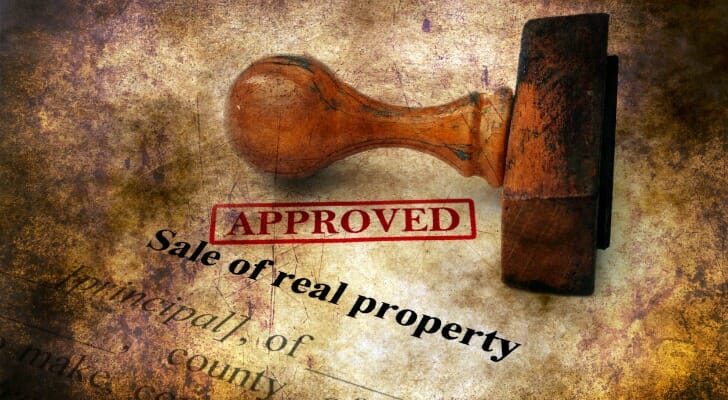Following the sale of a property, a seller will typically provide the buyer with a signed deed. This legal document effectively transfers ownership of the property to the buyer. It also explains any encumbrances that come along with the property. There are a few different types of deeds that buyers can receive, depending on the seller and even the circumstances of the sale; one such option is the bargain and sale deed. We’ll review what a bargain and sale deed means, when you might receive one and what to note along the way. A financial advisor can provide valuable guidance as you prepare to buy or sell real estate.
What Is a Deed?
The most common type of deed is a general warranty deed, which offers buyers the highest level of protection. You may also encounter a special warranty deed, quitclaim deed or a bargain and sale deed.
As with all other deed types, a bargain and sale deed will outline the specifics of a property ownership transfer. This document – which is signed and then publicly filed – confirms ownership of the property as well as names the property’s previous owner (seller), new owner (buyer) and details such as the plot size and property location.
Encumbrances tied to the property may also be named in the deed. Possible encumbrances include tax liens, judgments, easements, mechanic’s liens and even title disputes. Generally, these follow the property regardless of when it is sold or to whom. Because of this, they can financially impact new owners down the line.
It’s important for buyers to know whether their new property comes with any of this “baggage” prior to purchase.
What Is a Bargain and Sale Deed?

As with a general warranty deed, bargain and sale deeds confirm that the seller, or grantor, indeed holds the title to the property. This allows the grantor to legally transfer ownership of the property to a new buyer. Before issuing a general warranty deed, title research will usually be conducted to ensure that no legal claims exist against the property. If none are found and named in the deed, the buyer can reasonably rest assured that their new property comes with no encumbrances. If an undisclosed legal claim arises in the future, the grantor may be held liable.
Bargain and sale deeds offer no such guarantee, though.
On a bargain and sale deed, the grantor is confirmed to hold the title to the property and have the right to transfer ownership. The grantor also confirms that he or she has done nothing to encumber the property during their period of ownership.
However, this type of deed offers no guarantee that there aren’t other claims against the property. This means that tax liens, other types of liens, judgments and other encumbrances on the property could very well exist. If they arise or are discovered in the future, the seller is not responsible.
Receiving a Bargain and Sale Deed
Buyers may be given a bargain and sale deed when purchasing a property that has been foreclosed on or is part of an estate or tax sale. They are most often provided in western states such as Colorado, New York, Vermont, Washington or Wyoming.
This type of deed notably limits the liability of the seller. Buyers may want to request a title search as part of the closing process, to further investigate the property’s history. Purchasing title insurance can also help protect them against any title defects that could arise.
Bottom Line

A deed transfers property ownership from a seller to a buyer. Deeds also detail the property being transferred, and identify any encumbrances that may be found to exist on it. One type of deed is the bargain and sale deed, provided when buying a property that has been foreclosed upon or is part of an estate or tax sale. It confirms ownership but doesn’t guarantee that other claims don’t exist on the property. For this reason, buyers may want to consider a title search and even title insurance to protect them after purchase.
Tips on Real Estate
- Consider working with a financial advisor as you prepare to buy or sell real estate. Finding a financial advisor doesn’t have to be hard. SmartAsset’s free tool matches you with up to three vetted financial advisors who serve your area. You can have a free introductory call with your advisor matches to decide which one you feel is right for you. If you’re ready to find an advisor who can help you achieve your financial goals, get started now.
- A free closing cost calculator will give you a good estimate of what your total closing costs and amount needed at settlement will be.
Photo credit: ©iStock.com/Traitov, ©iStock.com/alexskopje, ©iStock.com/ljubaphoto
